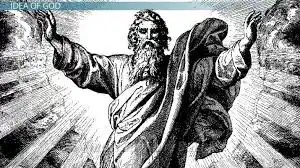Latest article
Four-Year Degree Holders Now Eligible for PhD and NET 2024 : Registration commenced
In a significant move aimed at enhancing educational opportunities and promoting research culture in the country, the University Grants Commission (UGC) has announced that...
NEET UG 2024: Top 10 NIRF Colleges & Last Year’s Cut-Off
As the National Eligibility cum Entrance Test for Undergraduate courses (NEET UG) 2024 schedule to take place on May 5th, aspiring medical students...
DU Admision update: PG admissions from This date, Here are the details
Delhi University has kicked off postgraduate admissions on April 25, 2024, followed by undergraduate admissions in mid-May.
The University of Delhi (DU) has already commenced...
UPSC Glories: Delhi University Alumni Make Mark in Civil Services
Delhi University alumni shine in the UPSC Civil Services Exam 2023, with top ranks secured by standout performers.Their success underscores DU's legacy of excellence...
Lights, Camera, Announcement: DU Goes Bollywood
In a delightful fusion of academia and Bollywood glamour, students at Delhi University (DU) have unveiled their event announcements with a creative twist, drawing...


























